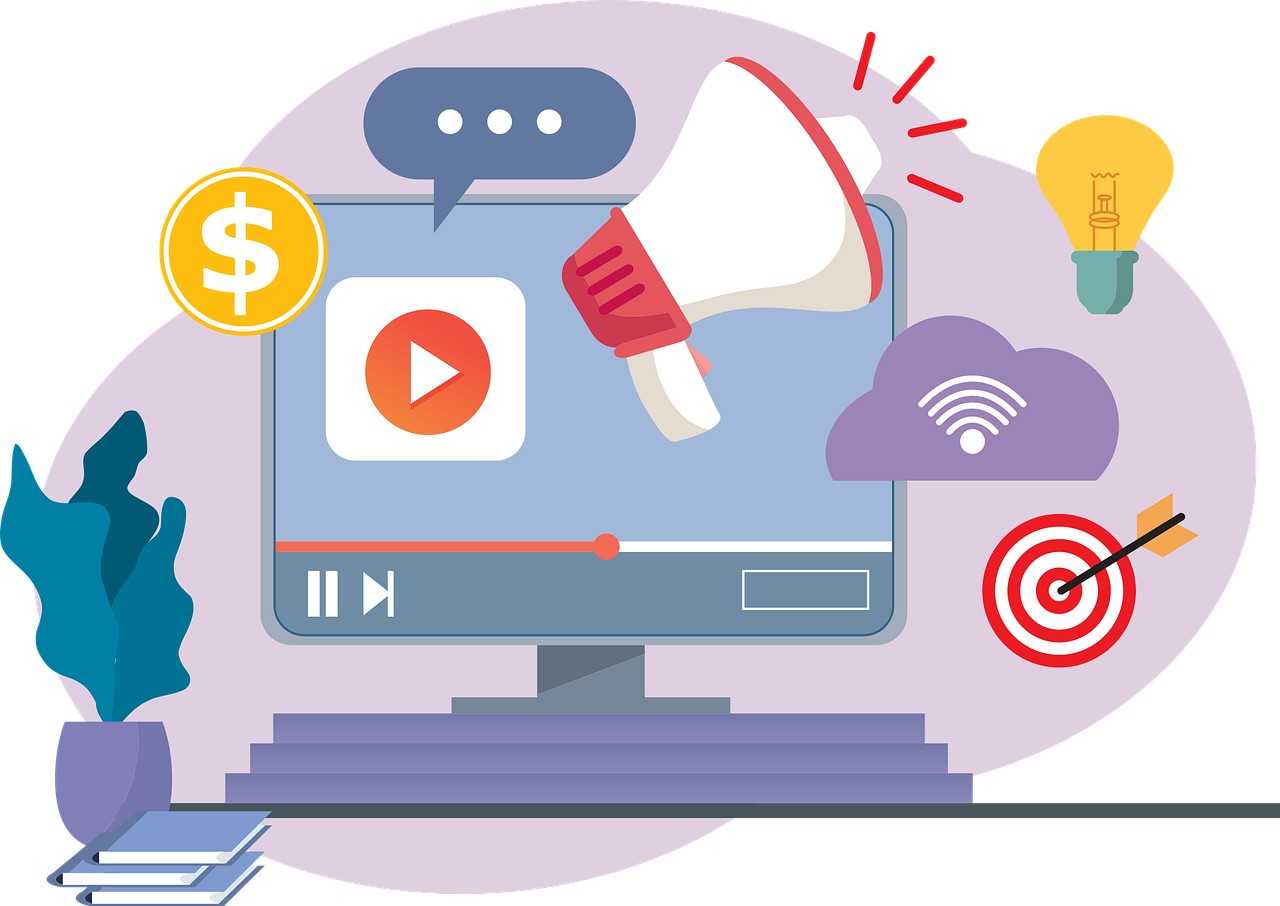
In the fast-paced world of automobile sales, digital marketing channels play a crucial role in generating and nurturing leads. Among these channels, email marketing stands out as a cost-effective, direct, and personalized way to engage potential buyers. With the right strategies in place, email campaigns can nurture leads, build trust, and ultimately convert prospects into customers, making it an essential tool for auto sales lead generation.
In this article, we’ll explore how automobile businesses can leverage email marketing effectively and share best practices for crafting campaigns that drive results.
1. Building a High-Quality Email List
The foundation of any successful email marketing campaign lies in having a high-quality email list. For automobile dealers, this means collecting email addresses from individuals who have shown genuine interest in your offerings.
How to Build an Email List:
- Website Sign-Up Forms: Use compelling CTAs on your website encouraging visitors to sign up for updates, offers, or newsletters.
- Lead Magnets: Offer free resources like car-buying guides, exclusive discounts, or maintenance tips in exchange for email addresses.
- In-Store and Event Collection: Encourage customers who visit your dealership or attend events to subscribe to your email list for updates on new models and offers.
A well-segmented email list ensures that your messages reach the right audience, enhancing your auto sales lead generation efforts.
2. Crafting Personalized and Engaging Content
Email marketing is most effective when the content resonates with the recipient. Personalized, engaging emails are more likely to capture attention and prompt action.
Best Practices for Crafting Email Content:
- Personalization: Address recipients by their names and tailor the content based on their preferences or past interactions. Personalized emails can increase open rates and engagement.
- Clear Subject Lines: The subject line is the first thing recipients see, so make it compelling and relevant. Keep it short and action-oriented.
- Value-Driven Content: Focus on what the recipient will gain—whether it’s exclusive offers, tips on maintaining their vehicle, or insights into the latest models.
- Include Strong CTAs: Each email should have a clear call-to-action (CTA), such as “Schedule a Test Drive,” “Explore New Models,” or “Claim Your Discount.”
Example of an effective email subject line:
“Exclusive Offer: Save on Your Next Car Purchase – Limited Time Only!”
3. Automating Email Campaigns for Lead Nurturing
Automation is key to scaling your email marketing efforts while maintaining a personalized touch. Automated email sequences can help guide leads through the sales funnel without requiring constant manual effort.
Types of Automated Emails for Auto Sales Lead Generation:
- Welcome Emails: Sent immediately after a lead subscribes, welcoming them and introducing your dealership.
- Drip Campaigns: A series of pre-scheduled emails that provide valuable information over time, such as buying tips, financing options, and testimonials.
- Abandoned Inquiry Follow-Ups: If a potential buyer expresses interest but doesn’t follow through, automated follow-up emails can re-engage them with special offers or additional information.
- Post-Purchase Emails: After a sale, send emails thanking the customer, offering service reminders, and encouraging them to leave a review.
Automation ensures that leads remain engaged throughout their buying journey, improving conversion rates and boosting auto sales lead generation.
4. Timing and Frequency: Finding the Right Balance
Timing plays a significant role in the success of email marketing. Sending too many emails can overwhelm recipients, while too few can result in lost opportunities.
Best Practices for Email Timing:
- Optimal Days: Studies show that Tuesdays and Thursdays tend to have higher open and click-through rates for marketing emails.
- Best Time of Day: Late morning (10 a.m. to 12 p.m.) and early afternoon (2 p.m. to 4 p.m.) are generally good times to send emails.
- Frequency: For automobile dealers, a frequency of 2-4 emails per month is ideal. This ensures consistent engagement without overwhelming subscribers.
Monitor your open rates, click-through rates, and unsubscribe rates to fine-tune your timing and frequency.
5. Tracking Metrics and Optimizing Campaigns
To continuously improve your email marketing campaigns, it’s essential to track key performance metrics and make data-driven adjustments.
Important Metrics to Monitor:
- Open Rate: The percentage of recipients who open your email. A low open rate may indicate issues with subject lines or timing.
- Click-Through Rate (CTR): The percentage of recipients who click on a link in your email. A high CTR indicates engaging content and effective CTAs.
- Conversion Rate: The percentage of recipients who take the desired action, such as scheduling a test drive or requesting more information.
- Unsubscribe Rate: A high unsubscribe rate may indicate that your email content is not relevant or that you’re sending emails too frequently.
Use A/B testing to experiment with different subject lines, content formats, and CTAs to determine what works best for your audience.
6. Ensuring Mobile-Friendliness
With the majority of users checking emails on mobile devices, it’s crucial that your emails are optimized for mobile viewing.
Mobile Optimization Tips:
- Responsive Design: Use responsive email templates that adjust to different screen sizes.
- Short, Concise Content: Keep your email content brief and to the point. Use bullet points to enhance readability.
- Clear CTAs: Ensure that buttons and links are large enough to be easily clicked on mobile devices.
Mobile-friendly emails not only improve the user experience but also contribute to higher engagement and better auto sales lead generation results.
7. Maintaining Compliance with Email Regulations
To avoid legal issues and maintain a good reputation, it’s important to comply with email marketing regulations like the CAN-SPAM Act (in the U.S.) and GDPR (in Europe).
Key Compliance Guidelines:
- Include an Unsubscribe Option: Every email must have a clear and easy way for recipients to unsubscribe.
- Use Accurate Sender Information: The sender’s name and email address should accurately represent your dealership.
- Avoid Spammy Language: Avoid using excessive capitalization, exclamation marks, or deceptive subject lines.
Compliance ensures that your email marketing efforts are ethical and sustainable in the long run.
Conclusion
Email marketing is a powerful tool for auto sales lead generation, offering a direct and personalized way to nurture potential buyers and convert them into customers. By building a high-quality email list, crafting personalized content, leveraging automation, and tracking key metrics, automobile businesses can maximize the effectiveness of their email campaigns. With the right strategies and consistent optimization, email marketing can become a cornerstone of your dealership’s digital marketing success.





Leave a Reply